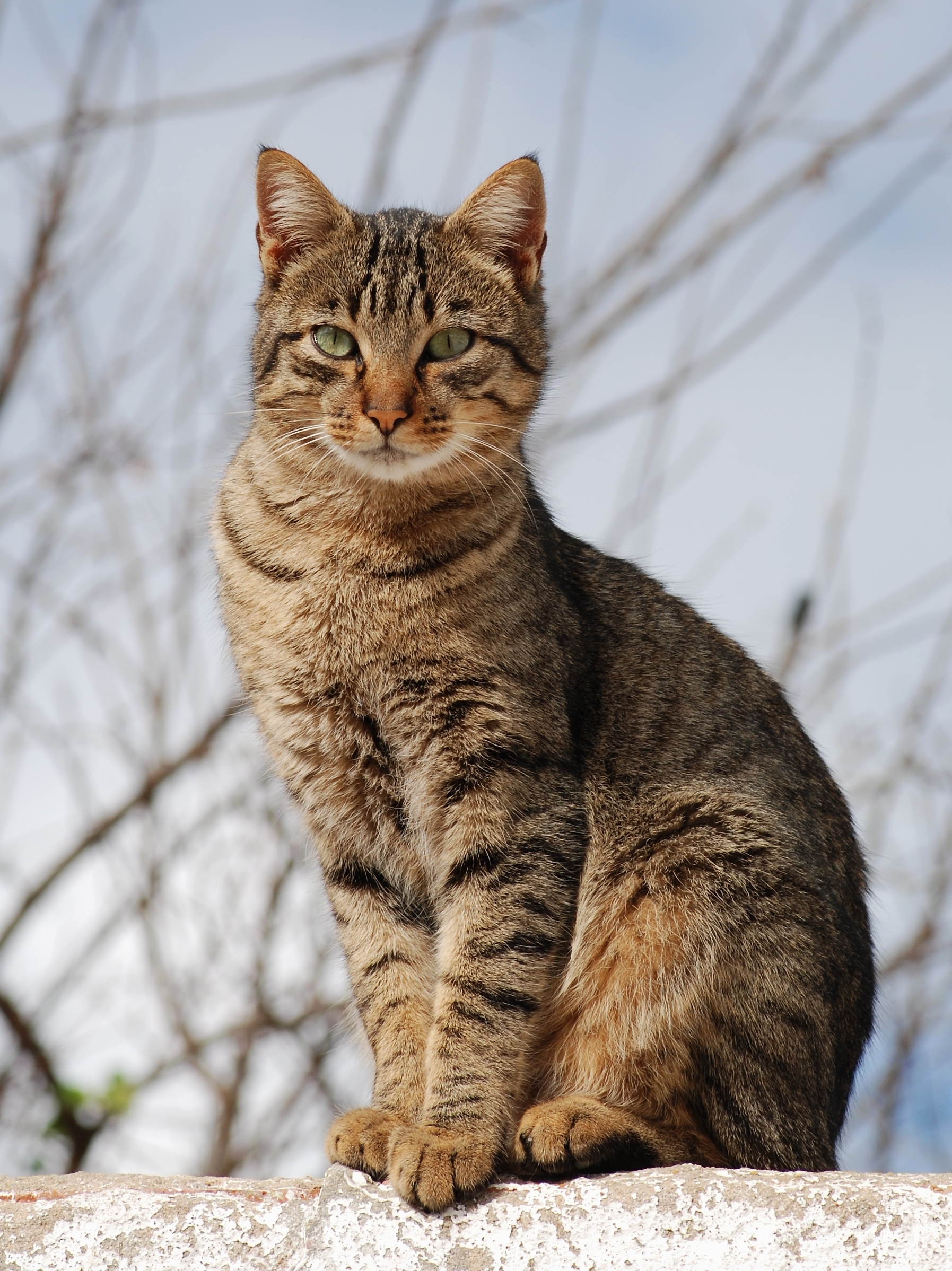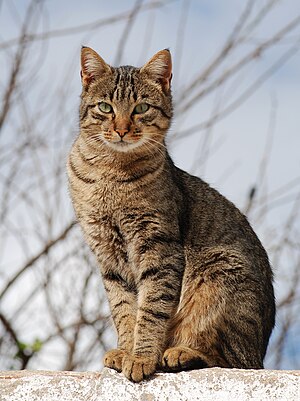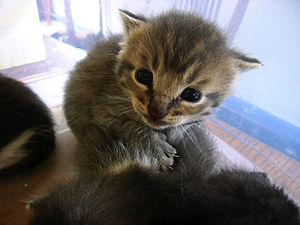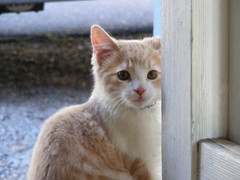Has your cat been acting a little abnormal lately? Maybe they’re scratching a little too much, losing their hair, or sneezing all over. Well, if this happens persistently, there is a good chance that your cat has some cat allergies. Cats can have allergic reactions to some of the same things as humans, like smoke, grass, food, fabrics, and cleaning products. So, with all the different products you use around your home, it’s not irrational to think your cat may be allergic to something in your home.
First, think about any recent changes that may have happened in your home. Did you just try out a new cleaner? Did you let your cat out into the backyard for the first time in a few years? Even something as simple as adding new throw pillows could be irritating your cat if they are allergic to the fabric. Isolating these incidents and removing the possible triggers one at a time is the best way to find the source of the cat allergies.
If you can’t identify the variable that is making your feline frantic, then you should visit your veterinarian. There, they will be able to run a series of tests to determine what is ailing your furry friend. Once you’ve got a diagnosis, you may want to hop onto AllergicPet.com to find a product that is perfect for your cat. For instance, if your cat allergies affect your pet’s skin, our product Skin-Eze is perfect. Our herbal remedies take a holistic approach to the problems that are bothering your pets the most. You can use them in accompaniment to your vet’s medications or on their own—they work great either way! Get started healing you’re the cat allergies that have been driving your pet crazy today!




